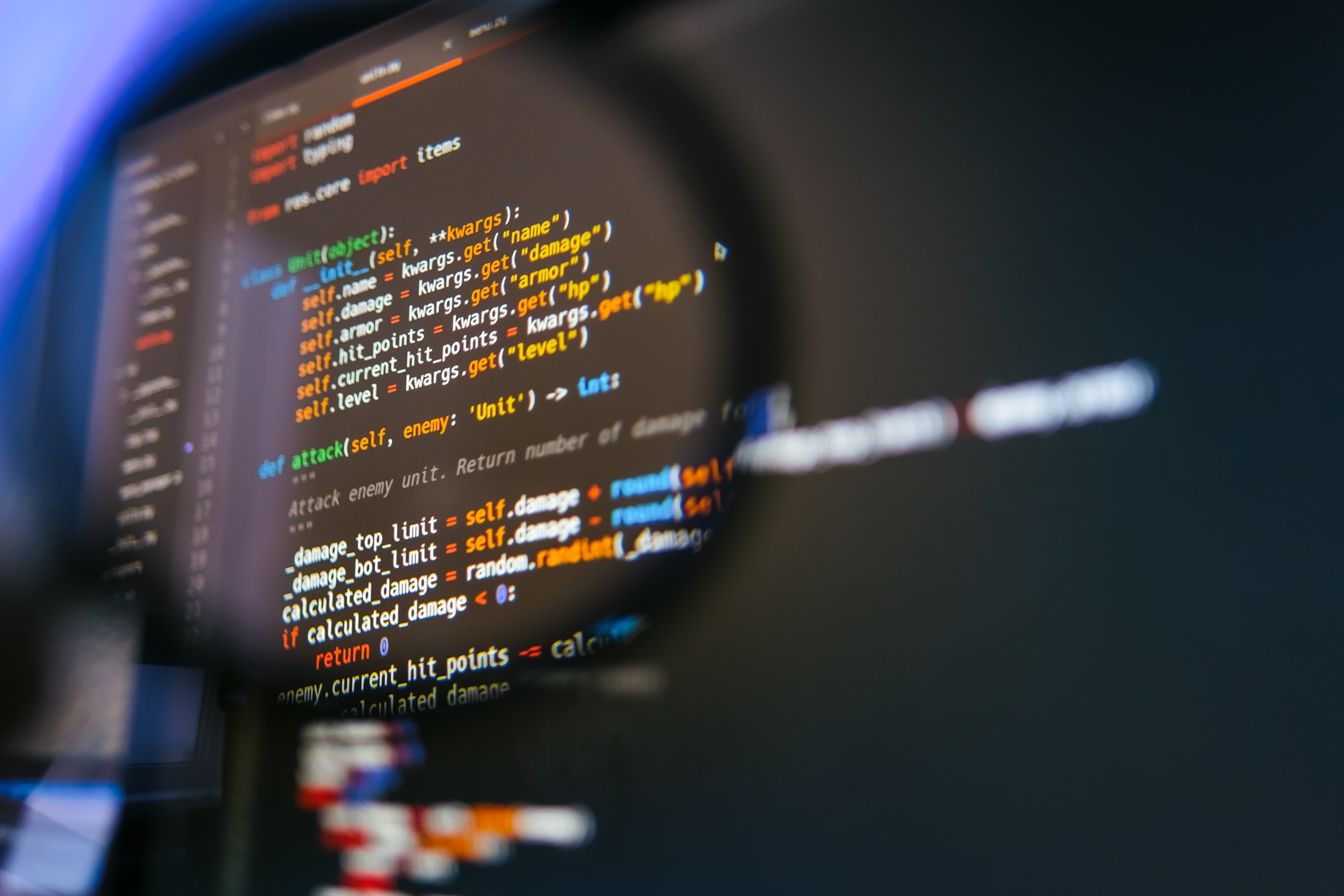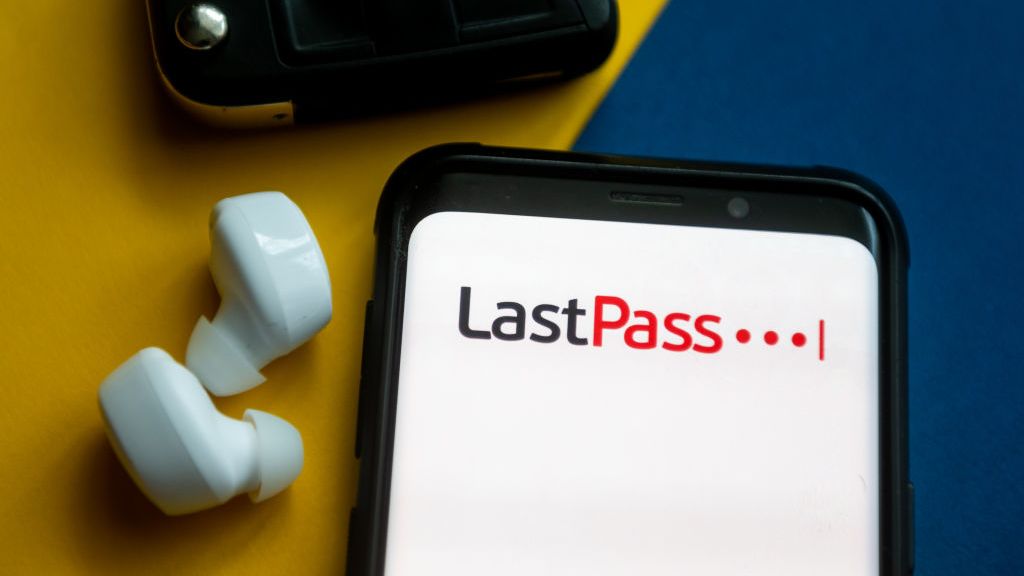View from the airport: (ISC)2 Security Congress 2019
Cyber attacks may be heading to into space, but much greater threats to the industry are afoot


The sun has set, I've watched my last street performer and witnessed my last 10pm firework display, but I'm leaving Walt Disney World and (ISC)2 Security Congress in Orlando feeling learned and confident for the future of the industry. Let me explain.
The most apparent and uplifting focus of the event was the emphasis placed on addressing the ever-widening skills gap in the cyber security industry. Experts speaking this week were the first to admit that they, and the industry as a whole, have contributed to issue it's cyber security's own undoing.
Everyone seemed to agree that the industry must be demystified, the rampant acronyms must be stopped and the language must be made more accessible for a newbie, drastically reducing the barriers to entry.
Across the event, sessions on career guidance could be found all over and unsurprisingly they were extremely well-attended from budding cyber security professionals to those who had been in the industry for more than 20 years. Developing a deeper understanding of the careers within cyber security and how to navigate ones way further to the top was clearly on everybody's agenda.
This year's event welcomed more students than ever before, around 150 were in attendance thanks to discounted entry so they could explore the possibilities of a career in the field. While every effort was made to get more young people into the event, what was alarming was the number of experienced attendees looking for a way out.
As a disclaimer, I only went to a fraction of the career-centric sessions on offer, however, the number of attendees (and even the speakers in some cases) that were openly grieving about their lengthy experiences with burnout was a serious cause for concern.
One attendee spoke about his five-year stint with burnout and expressed confusion about where to go: Management didn't appeal to him and a lack of cyber firms in his region means he can't move laterally to find a new challenge. In jovial fashion, the same man stood up after the session ended inviting all the others who told of their career strifes to join him in the hotel bar to form a "burnout support group". The first round was on him.
Get the ITPro daily newsletter
Sign up today and you will receive a free copy of our Future Focus 2025 report - the leading guidance on AI, cybersecurity and other IT challenges as per 700+ senior executives
Aside from the turbulent topic of careers, the usual chatter and speculation were on the cards regarding experts' thoughts on the threats of the future. The most interesting for me was from (ISC)2 board member Tony Cole who said space-based hacks will be more prevalent as we send more and more people to space.
Emerging technologies and Industry 4.0 will invariably create more problems for cyber security practitioners than they will solve, let's just hope this isn't enough to deter those looking to get stuck into a profession that's renowned for playing a perpetual game of catchup with the bad guys.
In sum, I won't miss the unrelenting clinking of metal-on-metal lanyards ruining my audio recordings of each session, but the venue and the people who were all up for a friendly chat have made it one of the most accessible and enjoyable events I've ever been to.
It's without a doubt a must-attend for any young budding cyber security professional and the focus on diversity with a broad selection of speakers and tailored ethnic minority networking events means its an event that has its arms open to all.
There is a nagging feeling, though, that the focus on inclusion could be symbolic of the industry's desperation to attract any and all talent that it can. The morality behind casting a wide net is still present, but also it's now being superseded by the sheer necessity to get anyone into the field. Gone are the days where a specialist degree is needed to get a job in infosec. No coding knowledge? No CISSP? No problem. A push to expand STEM applicants to include the arts too (STEAM), means anyone can pursue cyber security it's just about making people realise it.
Michael Leland said if we took every college student in America right now and put them in a vacant cyber role, there would still be a shortage of skilled workers. Just like Shakira's hips, the numbers don't lie and they're screaming at the industry to do better when it comes to attracting talent.
Deshini Newman, MD of EMEA for (ISC)2 said more role models are needed to attract younger people into the industry, especially young women. Others said the high salaries associated with a career in cyber should also be highlighted to a greater extent. There may not be a single correct answer, but every avenue must be explored if the industry wants to avoid reaching a breaking point.

Connor Jones has been at the forefront of global cyber security news coverage for the past few years, breaking developments on major stories such as LockBit’s ransomware attack on Royal Mail International, and many others. He has also made sporadic appearances on the ITPro Podcast discussing topics from home desk setups all the way to hacking systems using prosthetic limbs. He has a master’s degree in Magazine Journalism from the University of Sheffield, and has previously written for the likes of Red Bull Esports and UNILAD tech during his career that started in 2015.
-
 Asus ZenScreen Fold OLED MQ17QH review
Asus ZenScreen Fold OLED MQ17QH reviewReviews A stunning foldable 17.3in OLED display – but it's too expensive to be anything more than a thrilling tech demo
By Sasha Muller
-
 How the UK MoJ achieved secure networks for prisons and offices with Palo Alto Networks
How the UK MoJ achieved secure networks for prisons and offices with Palo Alto NetworksCase study Adopting zero trust is a necessity when your own users are trying to launch cyber attacks
By Rory Bathgate
-
 PyPI attack: Targeting of repository 'shows no sign of stopping'
PyPI attack: Targeting of repository 'shows no sign of stopping'News Greater collaboration and understanding of attackers’ tactics is key to mitigating open source security threats
By Ross Kelly
-
 Capita's handling of cyber attack shows companies still fail at breach reporting
Capita's handling of cyber attack shows companies still fail at breach reportingAnalysis Capita initially told customers there was “no evidence” of data having been compromised in the March cyber attack
By Ross Kelly
-
 Malware being pushed to businesses by search engines remains a pervasive threat
Malware being pushed to businesses by search engines remains a pervasive threatNews High-profile malvertising campaigns in recent months have surged
By Ross Kelly
-
 There's only one way to avoid credential stuffing attacks
There's only one way to avoid credential stuffing attacksOpinion PayPal accounts were breached last year due to a credential stuffing attack, but can PayPal avoid taking responsibility?
By Davey Winder
-
 Five things to consider before choosing an MFA solution
Five things to consider before choosing an MFA solutionIn-depth Because we all should move on from using “password” as a password
By Rene Millman
-
 Cyber security suffers from a communication problem
Cyber security suffers from a communication problemNews Negative language around ‘human failures’ is eroding trust between security teams and broader business functions - it has to stop
By Ross Kelly
-
 Does LastPass really deserve a last chance?
Does LastPass really deserve a last chance?Opinion After several disastrous security incidents and a communications breakdown, it’s time to leave LastPass for pastures new
By Ross Kelly
-
 What is the spell-jacking vulnerability and how can your business avoid exposing data?
What is the spell-jacking vulnerability and how can your business avoid exposing data?In-depth Spell-jacking vulnerabilities are threatening to unwittingly leak data to third parties, undermining any drive to protect privacy
By Davey Winder